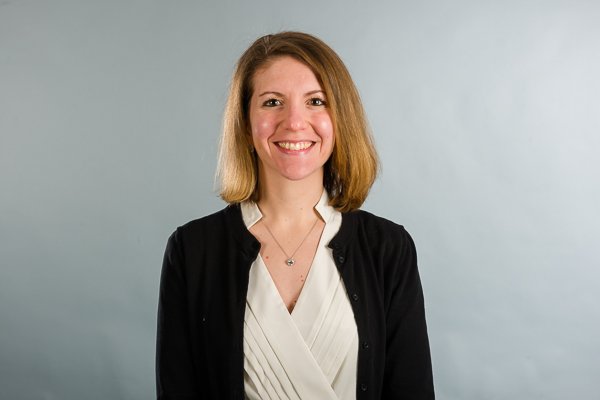Find a CBT Therapist
Search through our directory of local clinicians.
Hannah Levy

Meet Hannah Levy
Anxiety Disorders Center at the Institute of Living/Hartford Hospital
Hannah Levy is a staff psychologist at the Anxiety Disorders Center at the Institute of Living/Hartford Hospital in Hartford, Connecticut. She completed her Ph.D. in clinical psychology at Concordia University from 2010-2016 and her predoctoral internship at the University of Mississippi Medical Center/VA Medical Consortium in 2015-2016. She then completed her postdoctoral fellowship at the Anxiety Disorders Center from 2016-2018 and stayed on afterwards to work as a staff psychologist, where she does clinical work, supervision, and research. Her research focuses on understanding the biological, cognitive, and behavioral mechanisms of anxiety and related disorders and developing and testing treatments that may target those mechanisms.
How long have you been a member of ABCT
Since 2008 (14 years!)
What tips can you offer to colleagues trying to start a research lab or begin a career in research?
Two major tips helped me: 1) set up collaborations with other researchers in other fields that may complement your work (and be desirable to funding agencies, see below) and 2) get a research mentor who is good at writing grants who can show you the ropes. We have set up collaborations with neuroimaging/EEG researchers. With this in place, we are able to do research that combines our passion (CBT, anxiety) with their passion (neuroimaging), which conveniently is also desirable to NIMH, which is heavily focused on neurobiological research right now. I also recommend getting a mentor who is good at writing grants, and literally shadowing them as they write so you can see how to make the arguments “punchy” and compelling. This type of language is not something I learned in graduate school, so the in-the-moment shadowing really helped me to see how to do it. Then I practiced it myself and got lots of feedback so then I was ready to try it more on my own.
What have you found most rewarding about your research?
In the area of hoarding disorder, I find it very rewarding to be doing research that seeks to improve existing treatments. For hoarding specifically, CBT is the only evidence based treatment, and the outcomes are marginal at best – only a 35% response rate. Rather than get very down about this (which of course I do at times), I feel better when I am doing research that aims to test new and innovative treatments for this problem. I am hopeful that we will be able to improve the treatment options and help these patients better than we do currently, just like when exposure therapy first came on the scene for anxiety 50 years ago and represented a huge shift in how we treat anxiety effectively.
If you weren’t pursuing a career in psychology, what would you be doing?
I think I would be a veterinarian. I love animals (especially dogs) and would find it very rewarding to be able to help any animals in need. Plus, I appreciate how dog training is basically Behaviorism 101, so it would be another way to pursue my interest in behavior theory/therapy but with animals instead of humans!
Why did you join ABCT? How does your ABCT membership inform your research?
I first joined ABCT in 2008 when I was working as an RA after undergrad because I was interested in attending the annual conference. After attending the conference, I was totally hooked! I loved all the CBT-based talks and I had never been part of an organization that was all about evidence-based therapy. Since this first conference, I have considered ABCT my professional home. I refer patients and people I know in my personal life to the Find-a-Therapist page since it is an organization and resource that I trust. I stay up to date on research conducted by ABCT members and look forward to hearing about it at the conference every year. I would say that my membership has inspired a greater appreciation for the need to conduct more inclusive and equitable research, particularly in recent years when there has been a lot more DEI-related content at the conferences. This has helped me to be more thoughtful about improving the diversity of the research participants we recruit and given me ideas for how to do this better
